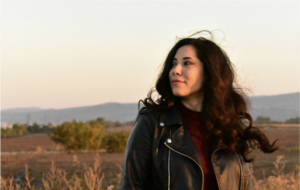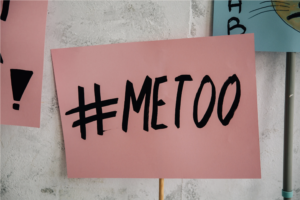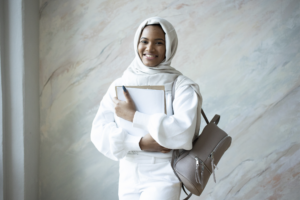Gender Based Violence – The Position of Foreign Women in Iceland
By Achola Otieno, Board member at W.O.M.E.N. in Iceland and Project Manager at Office of Human Rights and Democracy for the City of Reykjavik: December 2020



The 16 days of activism against violence campaign is an annual international campaign that kicks off on 25 November, the International Day for the Elimination of Violence against Women, and runs until 10 December, Human Rights Day. It was started by activists at the inaugural Women’s Global Leadership Institute in 1991 and continues to be coordinated each year by the Center for Women’s Global Leadership. The campaign is used as an organizing strategy by individuals and organizations around the world, to call for the prevention and elimination of violence against women and girls.
Domestic violence is rooted in the unequal balance of powers. While any gender can fall victim to violence, dependence makes one more vulnerable. We are dedicated to raising awareness within various community groups.
The awakening of the #MeToo movement encouraged a deeper discussion regarding gender equality in Iceland. Revealing that many women of foreign origin experience many layers of disadvantages in Iceland compared to the vast majority of Icelandic women. This is only compounded by a lack of a family support system for some, access to language for others, and financial independence.
Violence against women of foreign origin calls for a specific intersectional approach and a need to analyse migration through gender lenses. Additionally, there needs to be a critical review of how policy affects women with different backgrounds and how the law recognises different cultures and races. Reports show that violence continues in many closed spaces, workplaces, bars, and the majority of the reported cases of violence have been from intimate partners. I call these spaces pockets of pain. Where often the burden of proof is on the victims, and often the abused are also unseen to the society in which they call home. Intertwined with the abuse of women who are often left with nowhere to go is the burden of children that grow up in abusive homes. In the year 2019, the women´s shelter recorded women from 51 different countries who were seeking refuge; 49% of women of foreign origin and up to 51 children. It will come as no surprise that since the COVID-19 pandemic the violence, particularly in homes, has increased.
Disadvantages that victims encounter when accessing justice can include stereotypes placed on one’s nationality and culture, coupled with legal fees and often for victims outside the EU area who are afraid to be sent home or lose custody of their children. These conditions all make women in abusive relationships more vulnerable, and often the perpetrators do not face any charges. In some cases, it even turns out that the victims have faced charges.
Recently, different organisations, including W.O.M.E.N. in Iceland and local police have worked together with 112 to create a working website which both provides victims of abuse with valuable information defining abuse in all forms and all of the resources available to them. I believe this is an initiative towards creating both awareness and accessibility which is really needed platform so all members of society to assist each other when they see or hear cases of abuse.
Last but not least, I want to emphasise the need to strengthen collaboration between institutions such as the police and health and welfare service providers for working together with grassroots organisations like us, who work with women of foreign origin. The current climate we experience among victims of abuse indicates that there is a need to build trust within institutions but also, a responsibility for the authorities to learn about diverse cultures that integrate into society. Eliminating gender and ethnic-origin-based violence should be the work of society as a whole.